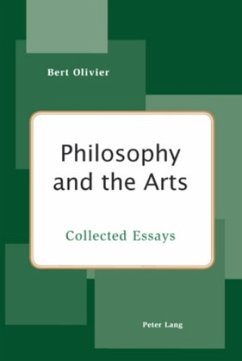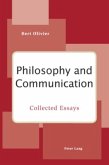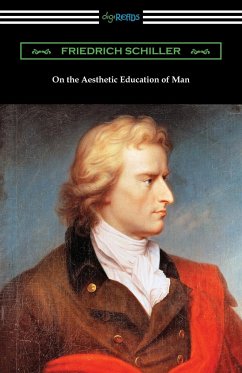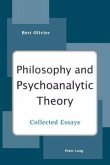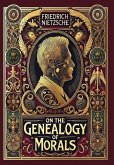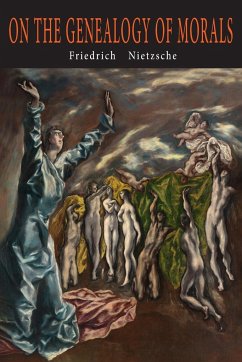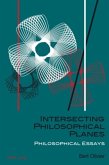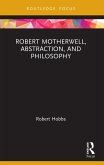This collection of philosophical essays addresses important issues in the arts, encompassing painting, sculpture, photography, film and architecture. The author's point of departure is the conviction that art in all its manifestations is an extremely significant cultural practice because it embodies a creative, reflective appropriation of social, political, economic, religious, historical and ecological developments, and as such merits close philosophical scrutiny, reflection and interpretation. The question of whether painting is still a viable artistic practice in our technocratic society is considered here, and it is no accident that both this issue and that of artificial intelligence are approached from the perspective of the phenomenological thought of Maurice Merleau-Ponty, among other thinkers. Equally important is the consideration of the relationship between art and the ethical, as highlighted by significant recent artistic events, as well as discussion of the transformational influence of ecological art and the culturally symptomatic meaning of kitsch. Other themes discussed include play and artistic tradition, formulating a suitable model for art 'beyond' Kierkegaard's aesthetic and ethical models, the meaning of 9/11 for architecture, and Lyotard's claim that today only an aesthetic of the sublime, instead of the beautiful, can help us make sense of art.
Bitte wählen Sie Ihr Anliegen aus.
Rechnungen
Retourenschein anfordern
Bestellstatus
Storno

